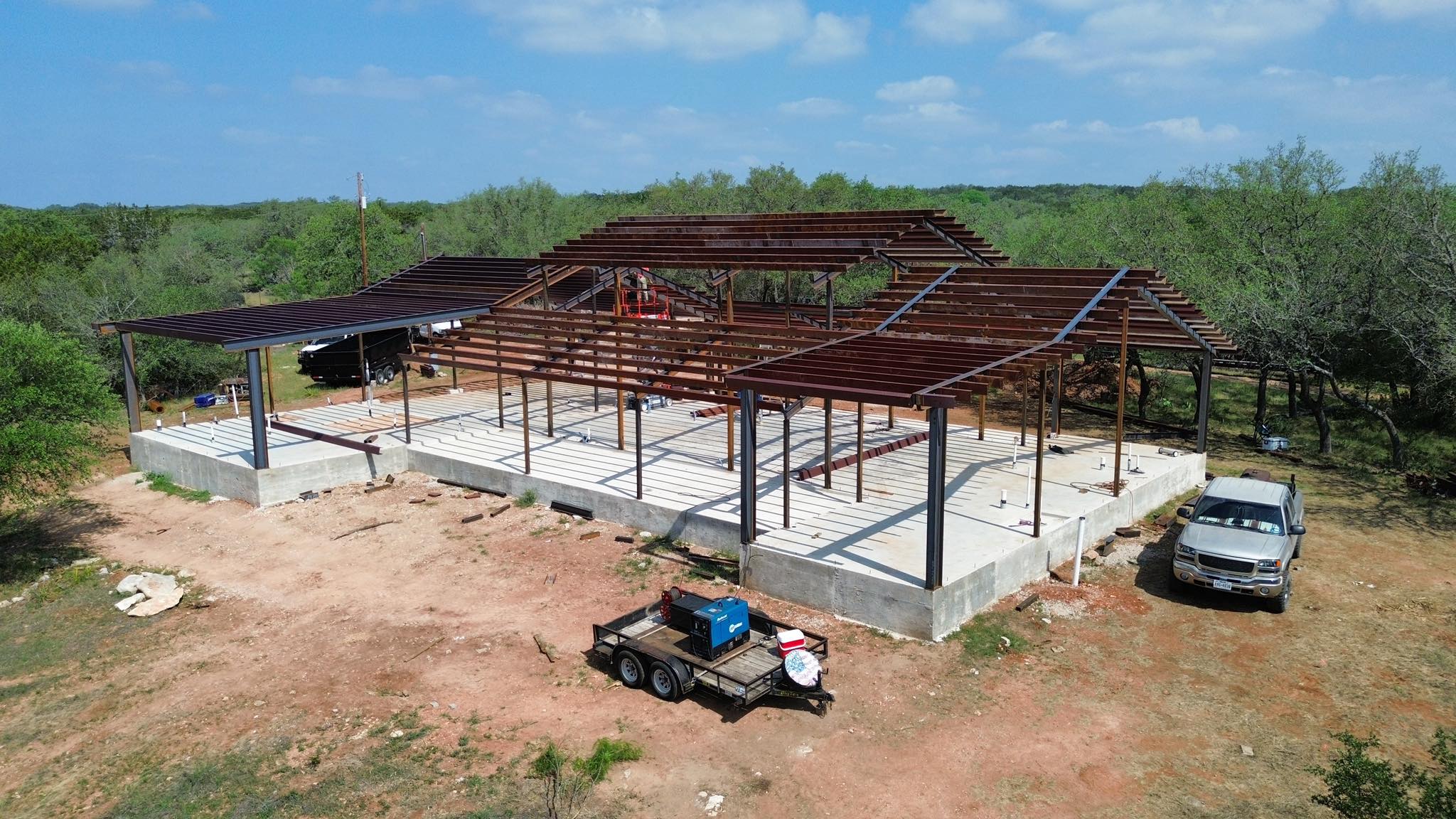
A Journey Through Metals: Choosing the Right Material for Your Welding Project Aug 07, 2025
First, consider the intended use of your welded structure. If you’re working on a construction project that requires significant strength and durability, steel is a common choice. Steel is known for its robustness and versatility. It is categorized into carbon, alloy, and stainless steels, each offering unique properties. Carbon steel is strong and affordable, making it ideal for large-scale infrastructure. Alloy steel includes elements like chromium and molybdenum, enhancing its strength and resistance to wear. Stainless steel, renowned for its corrosion resistance, is perfect for projects exposed to the elements or requiring a sleek, modern finish.
Alternatively, aluminum might be the right material for your project if weight is a concern. Aluminum is lightweight yet strong, which is why it is favored in industries such as automotive and aerospace. Its natural resistance to corrosion and high thermal conductivity adds to its appeal. However, aluminum’s propensity for thermal expansion requires specialized welding techniques, making expertise in handling it crucial. At C&C Fabrication and Welding LLC, our skilled welders are equipped to manage the unique challenges presented by aluminum to ensure a flawless outcome.
For projects requiring a combination of strength, affordability, and aesthetic appeal, copper and its alloys might be worth considering. Copper boasts excellent conductivity, making it indispensable in electrical applications. When alloyed with zinc to create brass or with tin to form bronze, it not only retains its conductivity but gains increased tensile strength and a visual appeal. These properties make copper alloys suitable for decorative items or those requiring functional aesthetics, such as in plumbing fixtures and musical instruments.
Emerging materials like titanium are gaining popularity for specialized applications in sectors like healthcare and high-performance engineering. Known for its exceptional strength-to-weight ratio and resistance to corrosion, titanium is vital for projects demanding extreme durability. Despite being cost-intensive and requiring advanced welding techniques, its long-term benefits and reliability justify the investment in industries where performance cannot be compromised.
Before finalizing your material choice, factor in the environment in which the welded structure will reside. Exposure to moisture, chemicals, or temperature extremes will influence the longevity of your project. Choosing the right protective coatings or considering metals with inherent resistance to environmental factors can increase the lifespan of your weldment.
In conclusion, the journey through metals is as vast as the projects you're envisioning. By understanding the distinct characteristics and applications of each metal, you can make decisions that align with your project goals. At C&C Fabrication and Welding LLC, we pride ourselves on providing tailored advice and expert craftsmanship, ensuring your welding project meets both your functional and aesthetic expectations. Contact us today to start your journey with confidence, knowing that the right material will pave the way to a successful outcome.
/filters:no_upscale()/filters:format(webp)/media/c7dbfef4-9cbf-42a2-949a-750a1db6ef4a.jpeg)